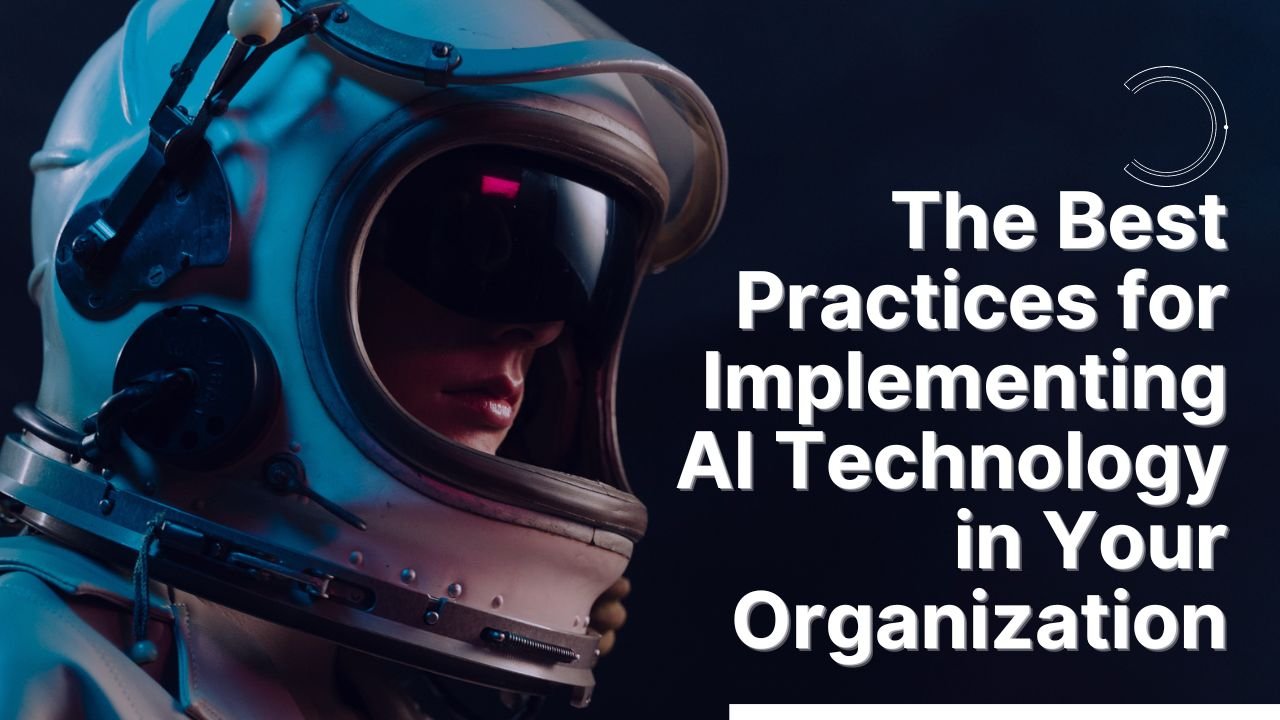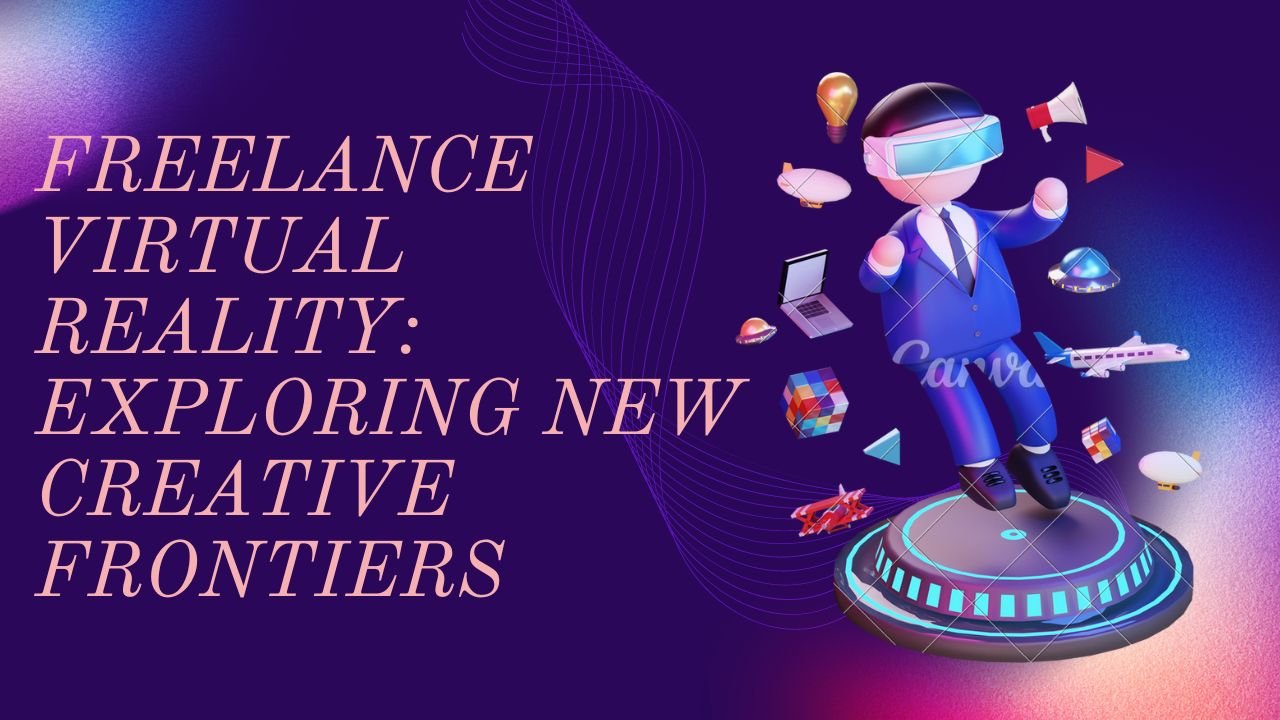The Best Practices for Implementing AI Technology in Your Organization
Artificial intelligence (AI) technology is the ability of machines to perform tasks that normally require human intelligence, such as perception, reasoning, learning, decision making and problem solving. AI technology can offer many benefits to organizations, such as improving productivity and efficiency, enhancing creativity and innovation, increasing flexibility and convenience, improving learning and development, enhancing safety and security, and creating new products, services and business models. However, implementing AI technology in your organization can also pose some challenges, such as requiring significant investments in technology, skills and resources, raising ethical or social issues, causing technical or operational issues, and creating legal or regulatory issues. Therefore, it is important to follow some best practices for implementing AI technology in your organization to ensure a successful and sustainable adoption. Here are some best practices for implementing AI technology in your organization:
- Assess your IT infrastructure: Before implementing AI technology in your organization, you need to assess your current IT infrastructure and identify any gaps or bottlenecks that may hinder the performance or scalability of AI applications. You may need to upgrade or replace your hardware, software, network, cloud, security or data systems to support the requirements of AI technology. You may also need to integrate your existing systems with AI platforms or tools to enable seamless data flow and interoperability.
- Develop a clear AI strategy: Implementing AI technology in your organization requires a clear vision and plan for how you will use AI technology to achieve your goals. You need to identify the opportunities and challenges that AI presents for your industry and sector. You also need to assess your current capabilities and gaps in terms of AI technology, skills and resources. You then need to define your objectives, priorities, metrics and roadmap for implementing AI technology in your organization.
- Foster a culture of innovation: Implementing AI technology in your organization requires a culture of innovation that embraces change and experimentation. You need to encourage your employees to be open to new ideas, solutions and approaches that can improve their performance and value. You also need to provide them with the time, space and resources to learn, test and iterate on AI applications. You also need to reward them for their efforts and achievements in using AI technology.
- Upskill and reskill your employees: Implementing AI technology in your organization requires new skills and competencies that may not be available or sufficient among your existing employees. You need to provide training and development opportunities for your employees to help them acquire the skills and competencies they need to use AI technology effectively. These skills may include digital skills, social and emotional skills, job-specific skills and lifelong learning skills. You may also need to hire new talents or collaborate with external partners who have expertise in AI technology.
- Focus on ethical AI implementation: Implementing AI technology in your organization requires a responsible, ethical and transparent approach. You need to consider the social, environmental and economic impacts of your AI applications on your stakeholders, customers, communities and society at large. You also need to comply with relevant laws, regulations and standards that govern the use of AI technology. You also need to establish clear policies, guidelines and governance mechanisms to ensure that your AI applications are aligned with your values, principles and objectives.
Conclusion
AI technology is transforming the way organizations operate and compete by providing data-driven, intelligent and automated solutions that can improve performance, efficiency, quality, innovation and customer value. To implement AI technology in your organization successfully and sustainably, you need to follow some best practices, such as assessing your IT infrastructure, developing a clear AI strategy, fostering a culture of innovation, upskilling and reskilling your employees, and focusing on ethical AI implementation.




